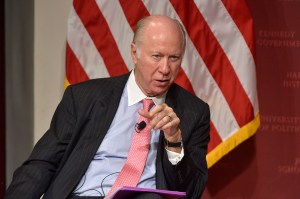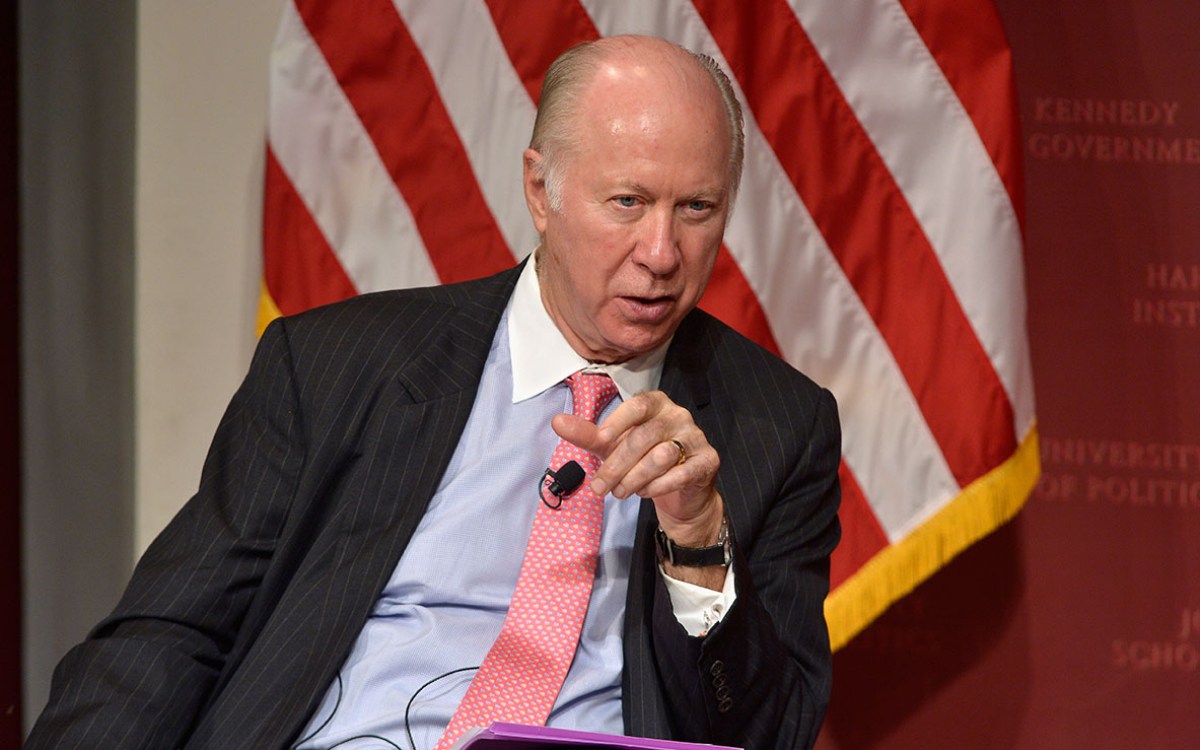Call for global focus on noncommunicable diseases of world’s poorest billion
Ten years ago, attention given to HIV/AIDS at a United Nations special session was followed by the establishment of the Global Fund to Fight AIDS, Tuberculosis, and Malaria. Now, a growing chorus of public health experts is calling for a movement to address the noncommunicable diseases (NCDs) that are collectively responsible for one-quarter of the deaths and disability among the world’s poorest billion people.
In preparation for a United Nations (U.N.) high-level assembly meeting on this topic in September, researchers, policy makers, and industry leaders gathered March 2-3 at Harvard Medical School (HMS) for a conference titled “The Long Tail of Global Health Equity: Tackling the Endemic Non-Communicable Diseases of the Bottom Billion.” The goal of the conference was to articulate recommendations encouraging a focus on the needs of the poor to be issued to world leaders at the upcoming U.N. summit.
The developing world is undergoing a dramatic health transition, Harvard School of Public Health Dean Julio Frenk said in the keynote address at the conference, which was co-hosted by Harvard School of Public Health, Harvard Medical School, Harvard Global Health Equity Initiative, Partners In Health, Brigham and Women’s Hospital, the Global Task Force on Expanded Access to Cancer Care & Control in Developing Countries, and the NCD Alliance. As poor people live longer, new patterns of disease are emerging and people’s experience of illness is changing from a dramatic episode to a condition of living, said Frenk. “We have literally been victims of our own success.”
In the face of this new reality, the public health community needs to change its response to addressing the health needs of the developing world, Frenk said. He urged a change from an approach that focuses only on specific diseases to one that uses investments in current health priorities as a way to strengthen health systems so that they are better prepared to deal with future public health problems.




